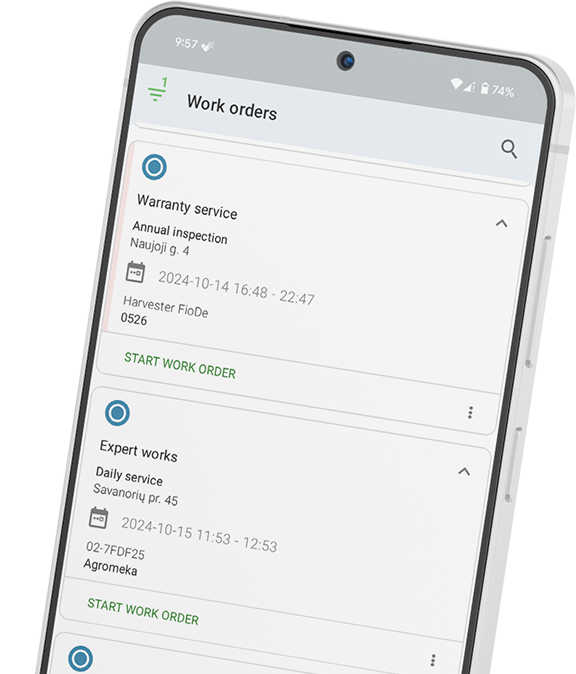Bring simplicity to your field service operations.
Our list of integrations is updated frequently. Explore each integration in its own separate page for more information.
Yet, in a world that is hurtling through digital transformation, a process that has only been accelerated even further by the pandemic now is an excellent time to sit back and reflect on just what the widespread adoption of such data-driven approaches could mean for our industry at large.
Perhaps the first part of this discussion should be revisiting some of the well-established aspects of excellence within field service operations. As any service manager will attest, the ability to find the delicate balance required to simultaneously resolve customer issues quickly while ensuring operational overheads are kept to a minimum is one that can be hard to establish.
Indeed, consistently within Field Service News Research benchmarking studies, we have seen a balance between customer service metrics and more operationally focused metrics such as meant-time-to-repair, technician utilization, and first-time-fix rates as the most consistently cited top KPIs that successful field service organizations track.
Of course, understanding and improving our performance against such metrics is at the very heart of achieving service excellence and achieving this balance. It is a perfect example of where a data-driven approach across the field service business unit can shine. With the advent of modern systems that can talk to each other via APIs, making data easily surfacable when and where needed, it is now possible to analyze and react to the key data we need to drive improvements in our service operations across these critical metrics in real-time.
This is a revolution in how we can approach field service management. A few years ago, most field service managers would have been ‘driving while looking in the rear-view mirror’ to analyze critical performance. This inherently made the task a reactive one, meaning progress would always be slower than desired. In today’s era of easy data flow, the role of field service management is a much more dynamic and forward-looking process.
Read the rest of the article here: Why data is the ultimate democratizing tool that changes the paradigm in field service

Our list of integrations is updated frequently. Explore each integration in its own separate page for more information.

Link copied!